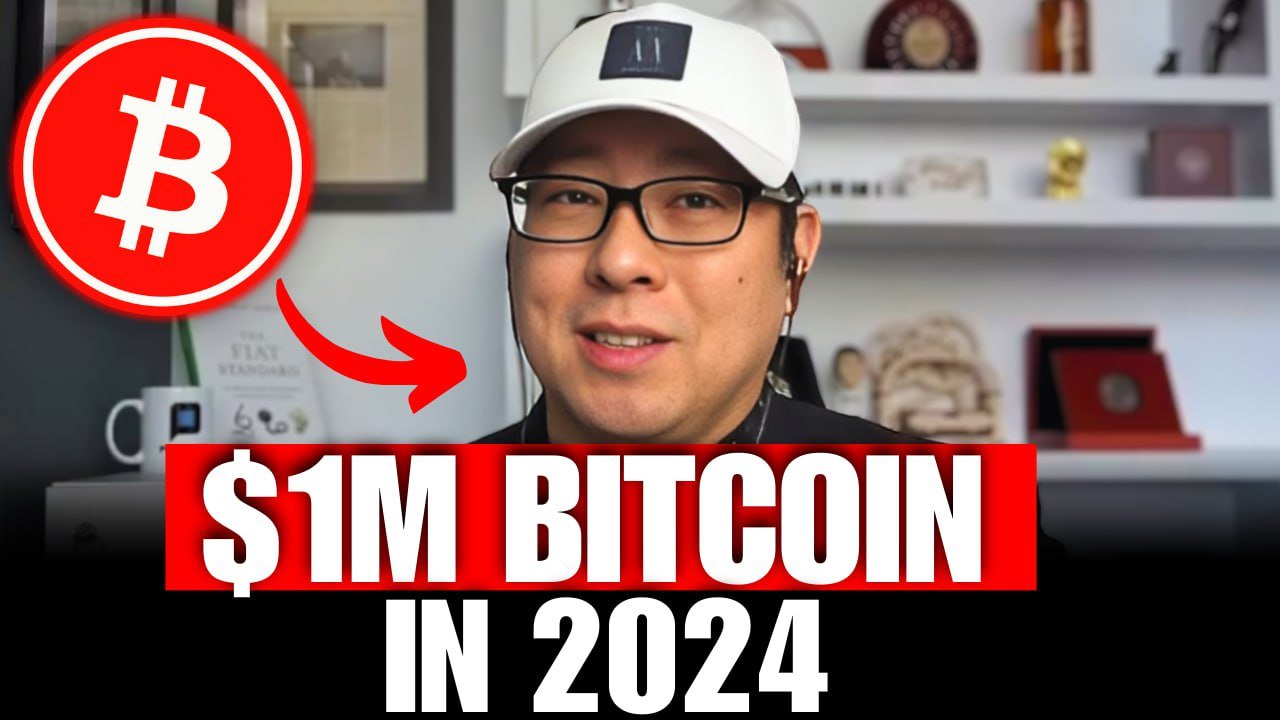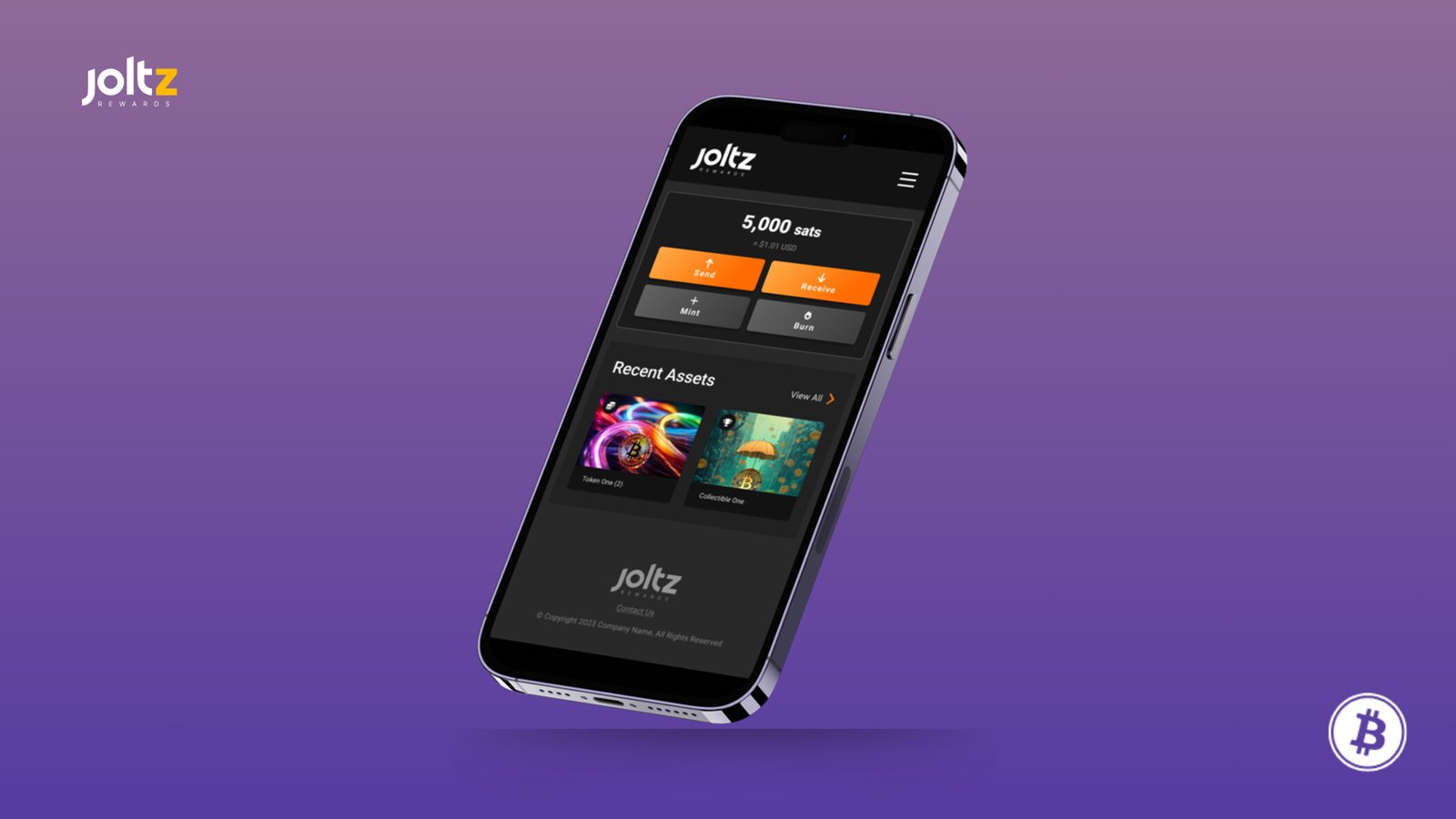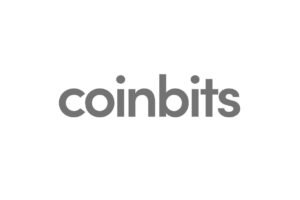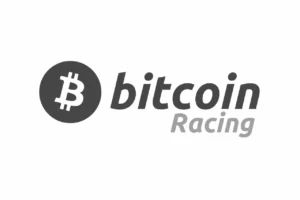Latest Articles
May 14, 12:31 pm
El Salvador Unveils its own Bitcoin Investment Tracker
May 14, 12:30 pm
Bitcoin Layer 2 Solutions: Unlocking the Potential of Digital Gold
May 14, 12:29 pm
Japanese Metaplanet Embraces Bitcoin as Reserve Asset Amid Yen Decline
May 14, 12:26 pm
Bitcoin As a Reserve Currency Could be Worth $1 Million: Analyst
May 14, 12:25 pm
Two Bitcoin Wallets Left Dormant for a Decade Move 1,000 BTC
May 14, 12:22 pm
Breaking Down The Bitcoin Whitepaper
May 13, 12:35 pm
Hong Kong Could Become A Gateway for Chinese Bitcoin Investors
El Salvador Unveils its own Bitcoin Investment Tracker
May 14, 2024 · 3 min
Bitcoin Layer 2 Solutions: Unlocking the Potential of Digital Gold
May 14, 2024 · 3 min
El Salvador Unveils its own Bitcoin Investment Tracker
May 14, 2024 · 3 min
- Editor’s Picks
Bitcoin Layer 2 Solutions: Unlocking the Potential of Digital Gold
May 14, 2024 · 3 min
Runes Protocol Activity Shows Dramatic Decline 20 Days After Launch
May 13, 2024 · 3 min
JPMorgan Invests in Bitcoin ETFs Despite CEO’s Skepticism
May 12, 2024 · 3 min
EU Regulator Eyes Bitcoin Integration in €12T Mutual Fund Market
May 11, 2024 · 3 min
Vermont Lawmakers Look to Regulate Bitcoin ATMs in the State
May 8, 2024 · 3 min
Hong Kong Bitcoin ETFs Might Become Available to Chinese Investors
May 7, 2024 · 3 min
Peter Brandt Backs Saylor: “Bitcoin is Trade of a Lifetime”
May 6, 2024 · 3 min
Grayscale Bitcoin ETF Witnesses First Inflow Day Since Debut
May 5, 2024 · 3 min
Pension Funds Increasingly Eyeing Bitcoin Investments: Fidelity
May 4, 2024 · 3 min
Jack Dorsey’s Block Under Federal Scrutiny Over Regulatory Compliance
May 3, 2024 · 3 min
Media Partners
We’re a Bitcoin-focused media outlet reporting on breaking news and updates. Our mission is to promote education and awareness by sharing accurate market news to help accelerate adoption.
We’re a Bitcoin-focused media outlet reporting on breaking news and updates. Our mission is to promote education and awareness by sharing and honest and accurate market news to help accelerate adoption.
























